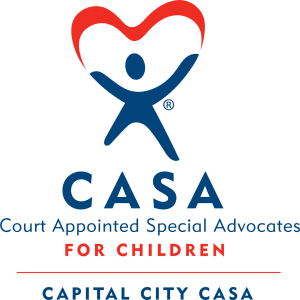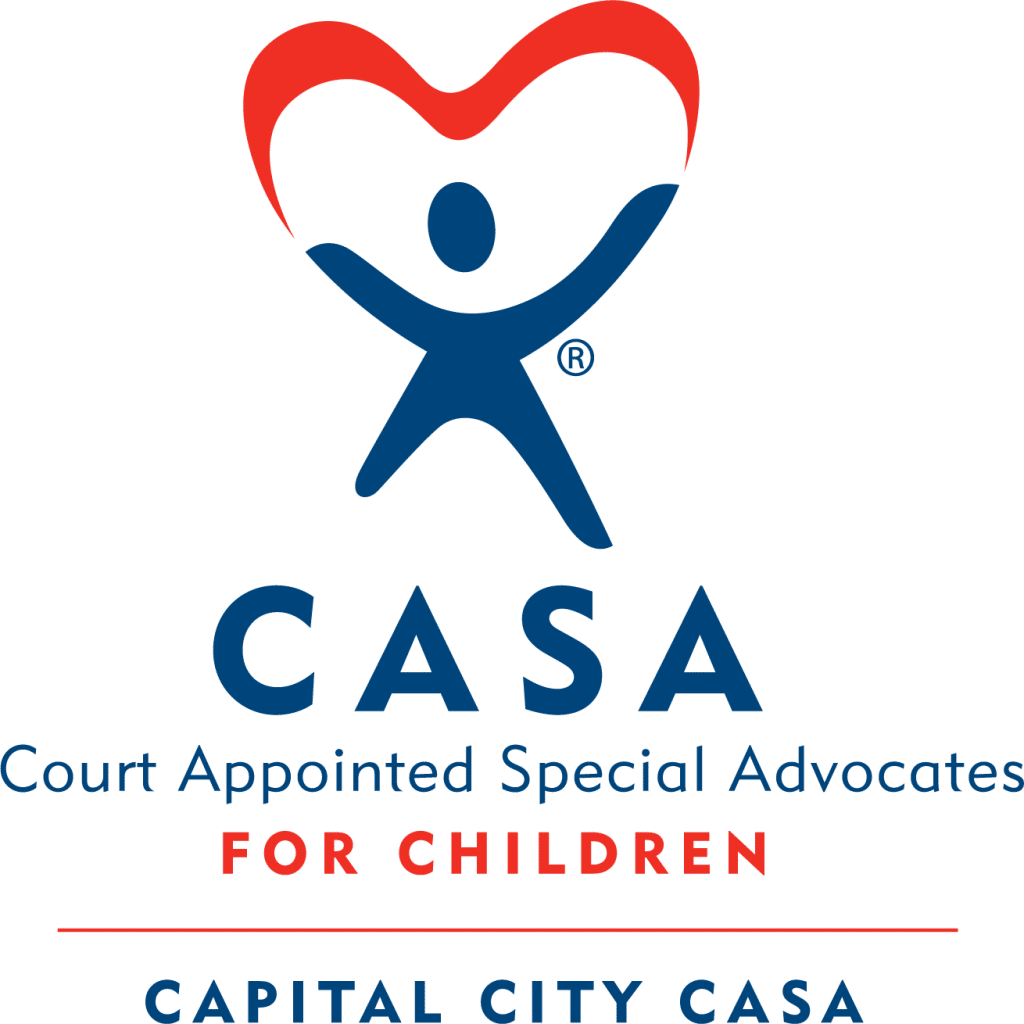What is a Court Appointed Special Advocate (CASA)?
CASA volunteers are everyday people –business people, retirees, stay-at-home moms, and grandparents – who are committed to making a difference for abused and neglected children who might otherwise slip through the cracks in an overburdened foster care system. They are appointed by the judge to guide one child or sibling group through the system to safe, permanent and nurturing homes.
CASA volunteers research case records and speak to each person involved in a child’s life. They monitor the progress of the child and family throughout the case and advocate for the child’s needs in court in school, and in agency meetings. Their independent evaluations allow the court to make better informed decisions.
Because CASA volunteers serve on one case at a time, they truly get to know the child and can give each case the sustained, personal attention it deserves.
What do CASAs commit to doing?
- Complete a background check.
-
Successfully complete 30-hour pre-service training.
-
Commit to serving 18-24 months as a CASA.
-
Work closely with their CASA staff.
-
Spend approximately 10 hours a month on a case.
-
Attending all court hearings and monthly case meetings.
-
Attend 12 hours of in-service training per year.
- Must see your child(ren) in person at least one hour per month.
- Must maintain confidentiality.

